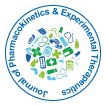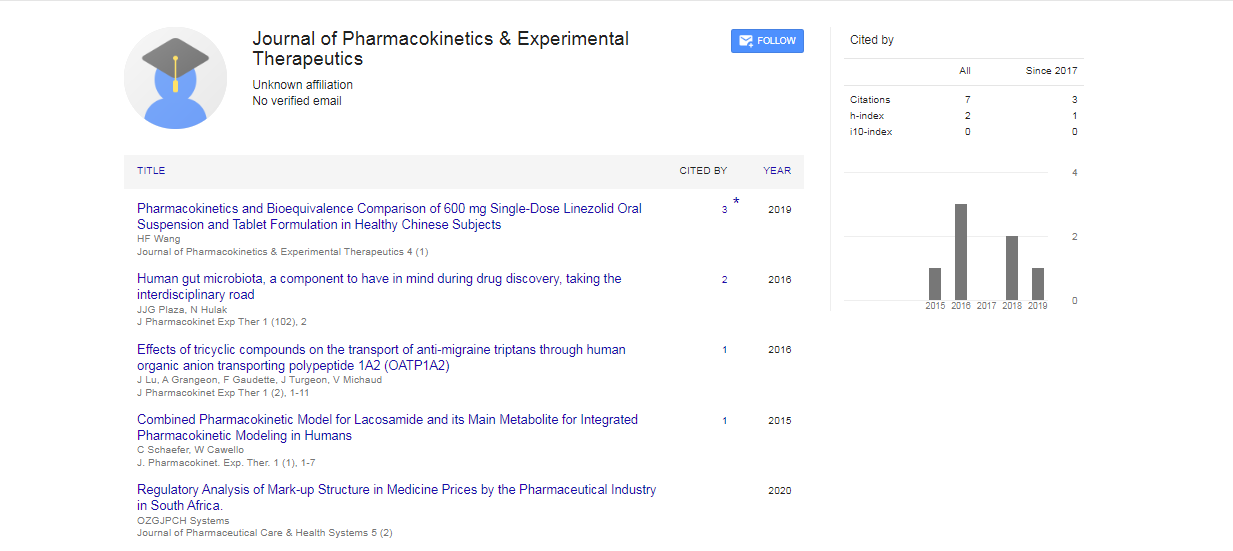Pharmacogenetic in Antidepressant and Anxiolytic Therapy
*Corresponding Author:Received Date: Dec 01, 2023 / Accepted Date: Jan 30, 2024 / Published Date: Jan 30, 2024
Copyright: © 2024 . This is an open-access article distributed under the terms of the Creative Commons Attribution License, which permits unrestricted use, distribution, and reproduction in any medium, provided the original author and source are credited.
Abstract
Depression, a highly heterogeneous disorder, often presents challenges in predicting treatment outcomes and
tolerability of antidepressants. Pharmacogenetic studies have identified genetic variations in key drug-metabolizing
enzymes, neurotransmitter receptors, and transporters that influence an individual's response to specific
antidepressants. The integration of genetic testing into clinical practice holds the promise of optimizing treatment
selection, minimizing adverse effects, and improving overall treatment outcomes. Pharmacogenetic studies have
identified genetic variations in key drug-metabolizing enzymes, neurotransmitter receptors, and transporters that
influence an individual's response to specific antidepressants. The integration of genetic testing into clinical practice
holds the promise of optimizing treatment selection, minimizing adverse effects, and improving overall treatment
outcomes. This abstract provides a comprehensive overview of the role of pharmacogenetics in antidepressant
therapy, examining its potential to revolutionize the field of psychiatry by tailoring treatment strategies to the unique
genetic makeup of each patient.

 Spanish
Spanish  Chinese
Chinese  Russian
Russian  German
German  French
French  Japanese
Japanese  Portuguese
Portuguese  Hindi
Hindi 
